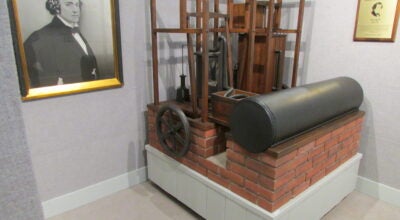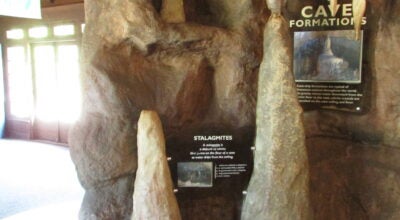The Coal Miner’s Daughter
Published 9:24 am Wednesday, October 19, 2022
|
Getting your Trinity Audio player ready...
|
Our nation lost another country music icon last week. Loretta Lynn died in her sleep at the age of 90. No other female songwriter and singer influenced country music and, perhaps, all genres of music more than she.
It’s difficult to memorialize her with just one of her lyrics, but if I had to pick one, it would be “When you’re looking at me, you’re looking at country.”
Loretta Lynn might have never thought of “leavin’ Butcher Holler,” but she did. She left that Kentucky birthplace physically, but I’m not sure she ever left that holler mentally. The first president of the United States she sang for was Richard Nixon and I think she sang for them all as long as her health allowed. If there was a queen of country music it was Loretta Lynn. Queen, indeed, but this royal lady never let it go to her head.
The story of her life was written in her 1976 autobiography, Coal Miner’s Daughter. Once written it immediately shot to the top of the New York Times bestseller list where it stayed for eight weeks. The movie version of the same name starred Sissy Spacek in the title role, for which she won the Academy Award for Best Actress. It garnered an additional six Academy Award nominations. It’s one of those movies that, if it’s on, I watch!
Loretta is truly an “only in America” kind of story. She was born in one of the nation’s poorest regions, Appalachia, and her daddy was a coal miner who would die of black lung disease. She said in her signature song, “we were poor but we had love; that’s the one thing daddy made sure of.” Goes to prove, it’s not where you begin, it’s where you finish.
I wouldn’t say Loretta Lynn was pretty, but she was beautiful. She was true to who she was whether she was in a Patsy Cline Cadillac in Nashville or riding with her husband “Doolittle” on a bulldozer clearing land in Custer, Washington.
Loretta married at 15 years of age and left Butcher Holler, Kentucky, for Washington State in 1948. Four years later she was a mother of four children and the wife of a philandering husband. But she stuck with “Doo” and their marriage was a great source of her songwriting. She was true to who she was and honest about real life.
She didn’t whine about the hand she was dealt, she wrote about it. Her husband recognized the jewel that Loretta was and bought her a Harmony guitar from Sears for $17. I would say “Doolittle” never made a better investment.
He drank too much and ran around on her, but she wrote a song by the name of “Your Squaw’s on the Warpath Tonight.” The song hit Number 3 on the country charts and told her husband, “Don’t had me that old peace pipe; There ain’t no pipe that can settle this fight. Your squaw’s on the warpath tonight.” That’s raw, gritty, and just the kind of song Loretta Lynn wrote.
Lynn was named the Entertainer of the Decade for the 1970’s, the only female country singer to be named the artist of the decade. In addition, she and duo partner, Conway Twitty, were named the Duo of the year every year from 1971 to 1981. “Hey, Loretta, I love you more than my Irish setter.”
As I close, I return to her greatest song, Coal Miner’s Daughter. She may have walked the halls of the White House and sang in Carnegie Hall and other palaces, but, for me, I get goosebumps the way she sings, “I never thought of ever leaving Butcher Holler.





